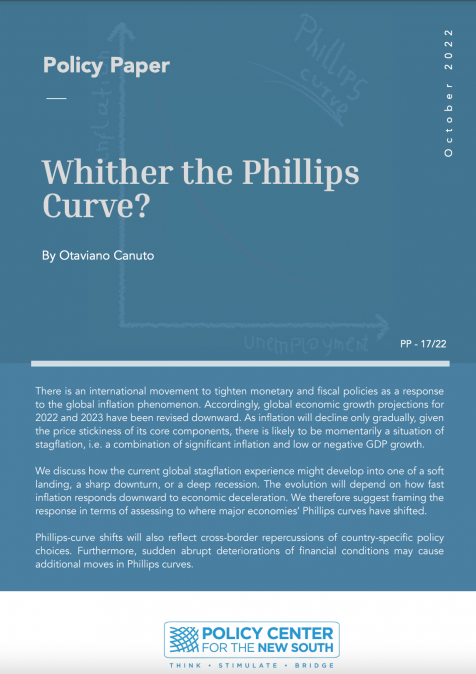Podcasts
Inégalité de revenus, politique budgétaire et stabilité macroéconomique
05
May
2017
Related topics:
Ce podcast est présenté par M. Romain Rancière. La formulation de la politique budgétaire est influencée par le contexte macroéconomique auquel un pays est confronté. M. Rancière apporte des explications à ces mécanismes en abordant la problématique des inégalités de revenus et de la stabilité macroéconomique. Il expose également sa vision des perspectives économiques de la France au lendemain de l’élection d’Emmanuel Macron à la Présidence de la République française.











